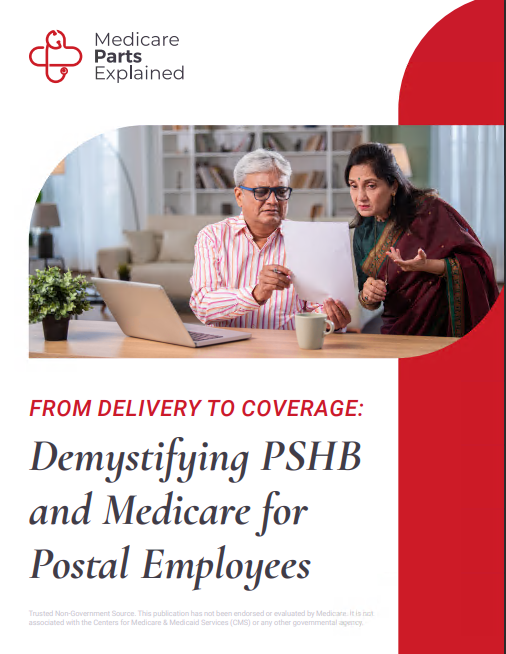Out-of-Pocket Costs and Financial Assistance Programs
Introduction to Out-of-Pocket Costs
Medicare provides essential healthcare coverage to millions of beneficiaries across the United States. However, while Medicare covers a significant portion of healthcare expenses, beneficiaries are still responsible for certain out-of-pocket costs, including deductibles, coinsurance, and copayments. Understanding these costs and exploring available financial assistance programs is crucial for beneficiaries to manage their healthcare expenses effectively.
Types of Out-of-Pocket Costs
There are several types of out-of-pocket costs that Medicare beneficiaries may encounter:
- Deductibles: Deductibles are the amount beneficiaries must pay for covered healthcare services before Medicare begins to pay its share. For example, Medicare Part A has a deductible for each benefit period, while Part B has an annual deductible.
- Coinsurance: Coinsurance is the percentage of the cost of a covered healthcare service that beneficiaries are required to pay after meeting their deductible. For example, Medicare Part B typically covers 80% of the Medicare-approved amount for covered services, leaving beneficiaries responsible for the remaining 20%.
- Copayments: Copayments are fixed amounts that beneficiaries pay for covered healthcare services, such as doctor’s visits or prescription medications. These amounts may vary depending on the specific service or medication.
- Premiums: In addition to out-of-pocket costs for services received, beneficiaries may also pay monthly premiums for certain parts of Medicare, such as Part B and Part D.
Financial Assistance Programs for Medicare Beneficiaries
To help alleviate the burden of out-of-pocket costs, several financial assistance programs are available to Medicare beneficiaries:
- Medicaid: Medicaid is a joint federal and state program that provides health coverage to eligible low-income individuals and families, including some Medicare beneficiaries. Medicaid may help cover Medicare premiums, deductibles, coinsurance, and copayments for eligible beneficiaries.
- Medicare Savings Programs (MSPs): MSPs are state-run programs that help low-income Medicare beneficiaries pay for Medicare premiums, deductibles, coinsurance, and copayments. There are different levels of MSPs based on income and asset criteria.
- Extra Help (Low-Income Subsidy): Extra Help, also known as the Low-Income Subsidy (LIS), is a federal program that helps Medicare beneficiaries with limited income and resources pay for prescription drug costs associated with Medicare Part D. Extra Help can lower or eliminate monthly premiums, deductibles, and copayments for prescription medications.
- State Pharmaceutical Assistance Programs (SPAPs): Some states offer SPAPs to help Medicare beneficiaries with the cost of prescription medications not covered by Medicare Part D. These programs may provide assistance with copayments, coinsurance, or other out-of-pocket costs for prescription drugs.
- Medicare Advantage Plans: Some Medicare Advantage plans offer additional benefits or reduced cost-sharing for eligible beneficiaries, such as lower copayments for doctor’s visits or prescription medications.
- Charitable Assistance Programs: Nonprofit organizations and charitable foundations may offer financial assistance programs to help Medicare beneficiaries with specific healthcare needs or expenses not covered by Medicare.
Eligibility Criteria for Financial Assistance Programs
Eligibility criteria for financial assistance programs may vary depending on the program and state guidelines. Generally, eligibility for these programs is based on income, assets, and residency. Individuals must meet specific income and asset limits to qualify for assistance. Additionally, some programs may have age or disability requirements for eligibility.
Applying for Financial Assistance
To apply for financial assistance programs, beneficiaries may need to submit an application through their state Medicaid office, Social Security Administration, or other designated agencies. It’s essential to gather necessary documentation, such as proof of income, assets, residency, and Medicare enrollment, to support the application process. Eligibility determinations are typically based on income and asset information provided by applicants.
Conclusion: Empowering Beneficiaries to Navigate Healthcare Costs
Understanding out-of-pocket costs and available financial assistance programs is essential for Medicare beneficiaries to manage their healthcare expenses effectively. By familiarizing themselves with deductibles, coinsurance, copayments, and premiums associated with Medicare coverage, beneficiaries can better plan for their healthcare needs and budget accordingly. Exploring eligibility criteria and applying for financial assistance programs can provide valuable support to beneficiaries facing financial challenges. With access to financial assistance programs, Medicare beneficiaries can navigate healthcare costs with confidence and ensure access to essential healthcare services and medications. Empower yourself to manage your healthcare expenses with confidence and ensure access to essential healthcare services and medications.
Click here to download our free eBook as a supplemental guide and dive deeper into managing your Medicare costs. Alternatively, connect with our Licensed Insurance Agents listed on our website for personalized assistance and guidance tailored to your needs.




